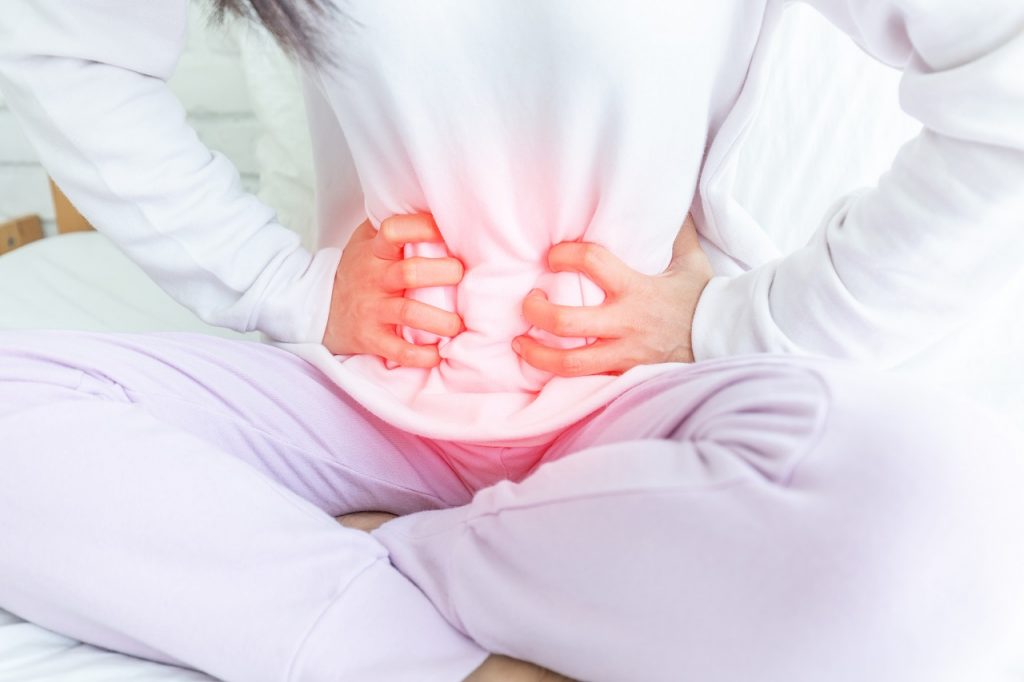
Irritable Bowel Syndrome (IBS) is an umbrella term for a long standing functional (relating to the function of) gut disorder that affects around 1 in 10 people worldwide. It is more common than you may think. It has now been recognized as the most common debilitating gastrointestinal disorder in the general population globally.
Classically, IBS manifests as abdominal pain or discomfort, that is relieved by passing stools or is associated at its onset. With an alteration in the stool frequency (either an increase or decrease) or a change in the appearance of the stool (to either loose or hard). There is still a lot that is being researched about this disorder, and although there is currently no cure, we can still manage the symptoms and live a quality full life!
What Causes Irritable Bowel Syndrome?
While the main causative factors of this disorder are uncertain, it is considered to be caused by a play of numerous physical as well as emotional factors. Physical factors being lack of physical activity, improper dietary habits and poor sleep quality, coupled with a number of emotional stressors and impaired mental health. Research has shown that those who endure extended periods of stress, anxiety and depression, are more prone to experience IBS related symptoms & vice versa. However, people who consume high doses of antibiotics or antidepressants, are more likely to experience this symptom complex.
What Are Its Symptoms?
The symptoms of this disorder vary individually. They can range from constipation, diarrhoea, bowel movements that are alternating between constipation and diarrhoea, bloating and abdominal pain/discomfort. Symptoms can be exacerbated on intake of certain foods and drinks, called ‘triggers’ or on days that the individual is experiencing poor sleep or excess mental pressure.
Note: If you are experiencing any other symptoms such as unexplained weight loss, blood in the stools, a prolonged change in bowel movements for 6+ weeks or have a family history of bowel cancer, consider consulting your General Practitioner.
How Can It Be Managed?
Diet and Lifestyle
- Keep a Symptom diary to help identify potential trigger foods
- Practice Mindful eating: Eat slowly without any distractions like television or mobile phones
- Yoga and Physical Exercise can help reduce stress and some symptoms. It also aids in maintaining a healthy weight status.
- A varied diet is the key to microbial diversity. Having a balanced meal with foods from different food groups helps maintain gut microbiota
- Limit fruits to 3 portions/80g a day. This is because of the fiber profile of fruits that may interact with gut mobility
- Probiotics may improve symptoms, yet an individualised approach is needed
Food and Drinks
- Avoid long gaps between eating. Regular meal timings and controlled portion sizes prevent symptoms from exacerbating
- Consume lots of fluids, approx 6-8 glasses a day. However, limit fizzy drinks
- Spicy foods can irritate the gut lining, especially if used with highly flavoured ingredients such as too much onion and garlic. Limit them!
- Caffeine should be reduced to less than 3 cups a day (tea/coffee)
- Reduce Alcohol intake to 30-60ml or even lesser per week
- Resistant Starch is seen to exacerbate symptoms. Reduce the intake of cooked and cooled carbs like frozen pizza/cold pasta, day old boiled potatoes, etc. or refined wheat flour products like bakery products
We hope this article helps you manage Irritable Bowel Syndrome. Do leave your thoughts in the comments below and share this article with someone who needs to read it! For more on living a healthy lifestyle, check out Healthy Reads or tune in to LIVE sessions by experts on GOQii Play.
To get the right guidance for lifestyle issues such as IBS, Subscribe or Renew your GOQii subscription now: https://goqiiapp.page.link/wssu
#BeTheForce




Very much informative and helpful post. Thank you for sharing with us.